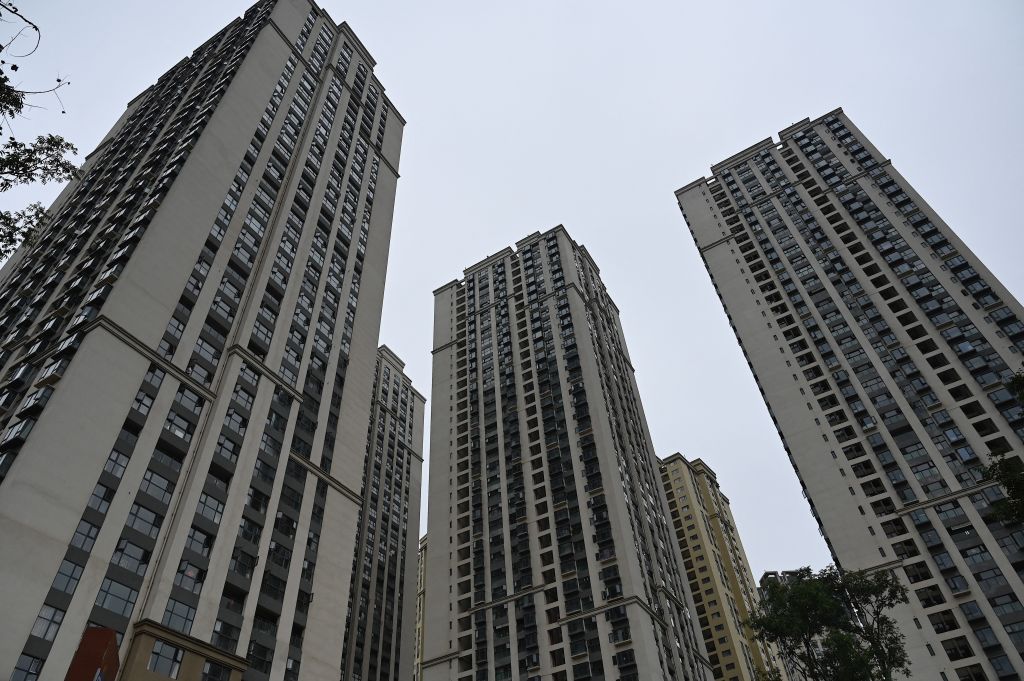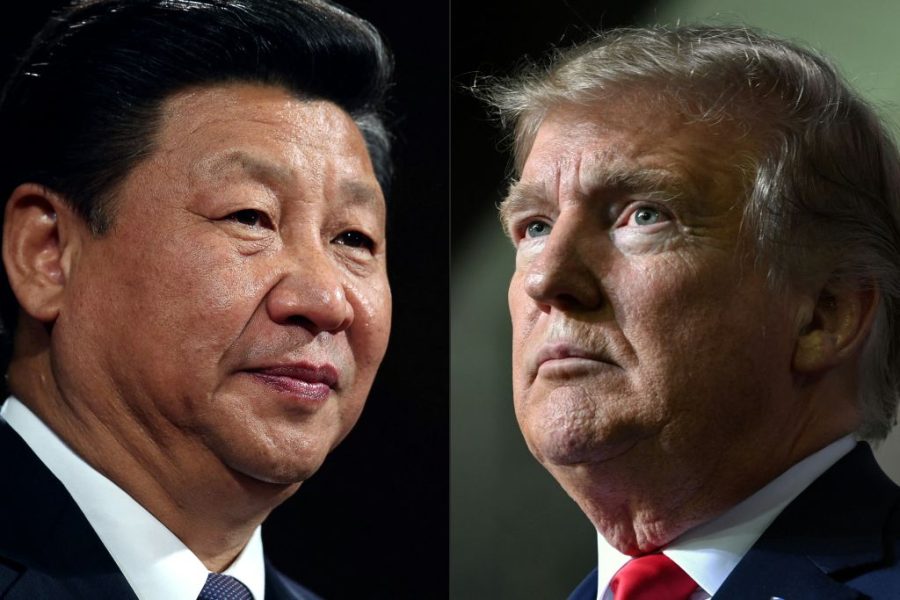Last Monday, the Chinese real estate behemoth Evergrande failed to pay $82 million in interest due that day to bondholders. When the credit-rating firm Fitch’s could not get a response from Evergrande as to whether it had made the payment or not, it put the firm in its “restricted default” category, for firms that have defaulted but not yet begun bankruptcy or restructuring proceedings.
What will happen next is anyone’s guess. But it’s a fair bet that the Chinese government will try to make the foreign bondholders suffer the most. A recent attempt by Evergrande to sell its electric vehicle business faltered, as the potential buyers expected to be able to buy it later at a lower price.
But there can be no doubt that the ultimate decisions will be made by the Chinese Communist Party. Evergrande has an on-the-books debt of $300 billion and off-the-books debt of perhaps $156 billion, according to the New York Times.
China has been increasingly letting badly run companies go bankrupt, trying to cool down the amount of corporate debt that has been run up, which many economists regard as excessive. But allowing Evergrande to be broken up and its pieces sold off at fire sale prices might not be politically possible. Over 1.5 million Chinese families have already paid Evergrande for apartments that have yet to be built. If Evergrande is forced into bankruptcy, those families might get only pennies on the dollar. And millions of more families have paid other real estate giants, such as Kaisa, for as-yet-unbuilt apartments. Kaisa, too, has missed a recent interest payment on some of its foreign-held bonds and could be declared in default as well at any time.
The Chinese economy has been slowing in recent months, especially its real estate sector. The government had been restricting the amount of borrowing by its highly leveraged real estate developers. But that has slowed the real estate market — a large part of the Chinese economy. The sales made by the 100 largest real estate firms fell for the fifth month in a row in November, down 37.6 percent from a year earlier. The government recently reduced the amount of cash banks must keep in reserve, which would allow them to lend more money.
There will be a leadership shuffle next year, as Xi Jinping begins his third term. And the CCP always wants a strong economy at times of political change.
In previous economic problems, such as the recession of 2008 and the 2014 housing downturn, the government poured on the stimulus, lowering interest rates and ramping up infrastructure investments. That, in turn, allowed many Chinese families to believe that the government won’t allow real estate companies to go into default and endanger their investments.
China, often seen as a coming superpower among the world’s leading economies, has plenty of economic problems and less room to maneuver than in earlier downturns.

























